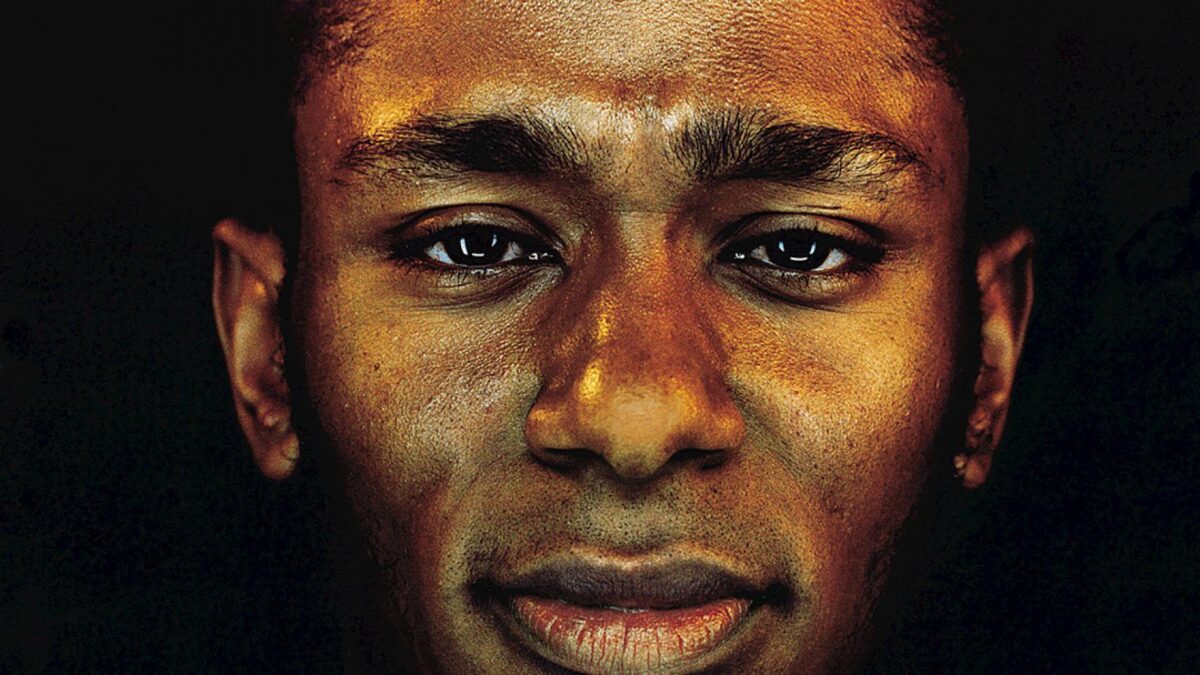SAMUEL HYLAND
When Mos Def shouted “Good Morning Vietnam!” two minutes into Brooklyn, he wasn’t talking to the war-torn nation on Asia’s southern border. America was home to several of its own Vietnams, domestic war zones worsened by legal neglect – and Brooklyn fell under that category. Yasiin Bey was simply calling it what no one else dared to.
Black On Both Sides crowned Mos Def as one of New York’s premiere conscious MCs amidst an era that saw politics influence a growing woke-rap subsphere. In an hour and seventeen minutes, Bey swept neglected issues – the Vietnams being one – out from under the rug, thrusted them into the face of society, and demanded that the elephant in the room be dealt with accordingly. Not many sounded like the young Brooklynite; he rhymed in a gravelly, arrogant garble that served to somehow make the average listener feel guilty of a crime not committed, like the glare of a Manhattan deli clerk upon one’s exit without having bought anything.
The controversially named 15th track was a slap-bass heavy, uncanny funk time-capsule, laced by Mos Def with a series of literary digs at unresolved race relations: “Say they want you successful, but that ain’t the case/ You living large, your skin is dark, they flash a light in your face.”
“You got a lot of societies and governments/ Tryin’ to be God, wishin’ that they were God,” he raps in the opening track. “They wanna create satellites and cameras everywhere/ And make you think they got the all-seeing eye.”
Black On Both Sides is artistically represented in bold simplicity. Yasiin Bey, a New Yorker at his rawest – ice on his neck, wife beater on his back – stares directly at whoever it is that is due to make a judgment of him within the next hour and seventeen minutes. His surroundings are true to the title: Mos Def is black on both sides – and with a 77 minute long epistle on the darkness, he seeks to familiarize those willing to listen with the light.

